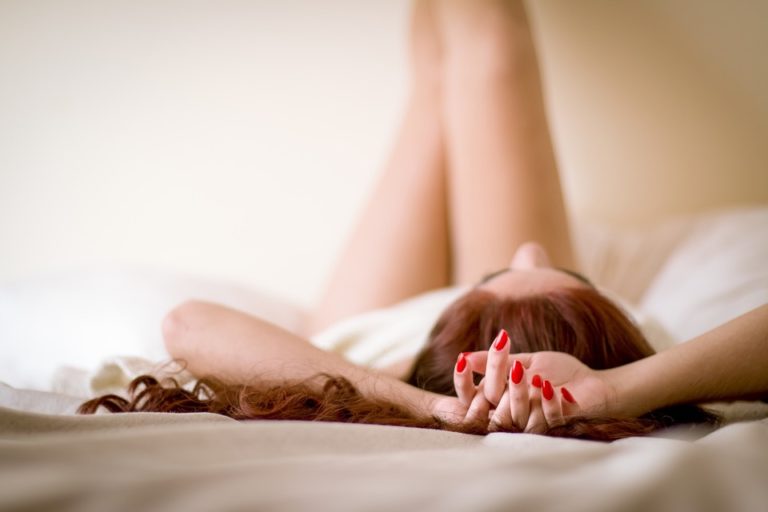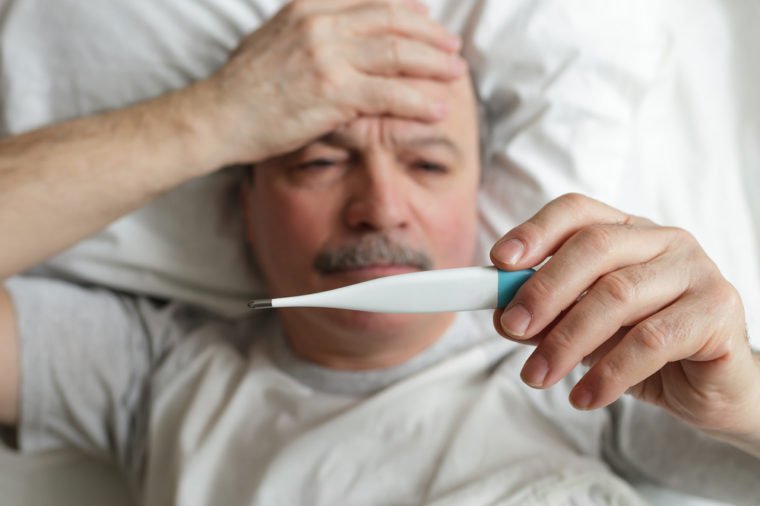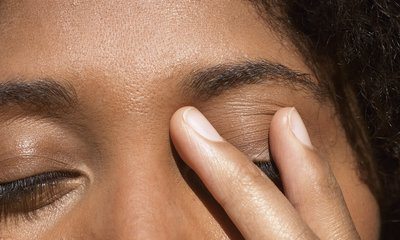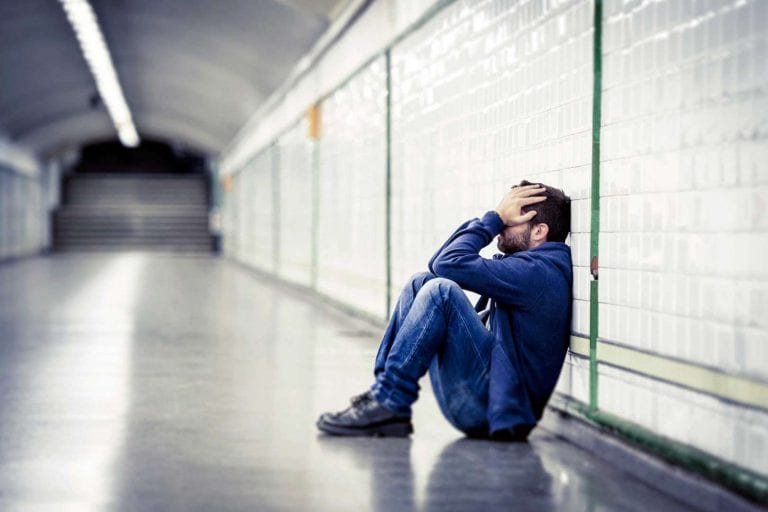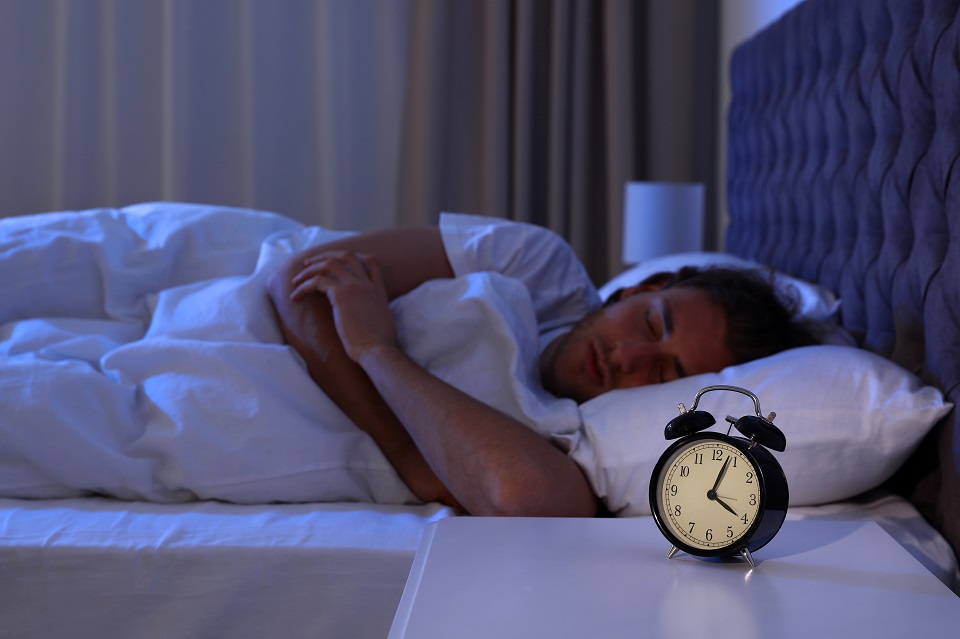
3. Set a sleep schedule
…and stick to it!
You’d be surprised to find out that setting a sleep schedule helps many people fall asleep faster and much easier worldwide. Once you read the medical explanation, everything will be clear.
Our bodies have their own internal clocks called the circadian rhythm or the regulatory system. Basically, this system makes you alert during daylight hours and sleepy at night. So, if you get on a sleep schedule, you’ll also adjust your internal clock.
It will be easier for you to fall asleep if you respect a sleep schedule.

4. Expose your body to both darkness and daylight
Light also has some effects on your internal clock. How so? Well… when you expose yourself irregularly to light, your internal clock may experience a disruption, making it even harder to fall asleep as well as stay awake.
When your body is exposed to bright light (both natural and artificial), it signals your brain to stay focus and alert.
On the other hand, darkness will most likely make you sleepy. There’s also evidence regarding this statement. Studies suggest that darkness enhances melatonin production, and since melatonin is the hormone of sleep, you may want to turn off the lights.
Check out The Power of Vitamin D: 4 Common Diseases It Can Prevent!
In conclusion, both daylight and darkness are essential for proper sleep, so try not to deprive your body of one of them.








